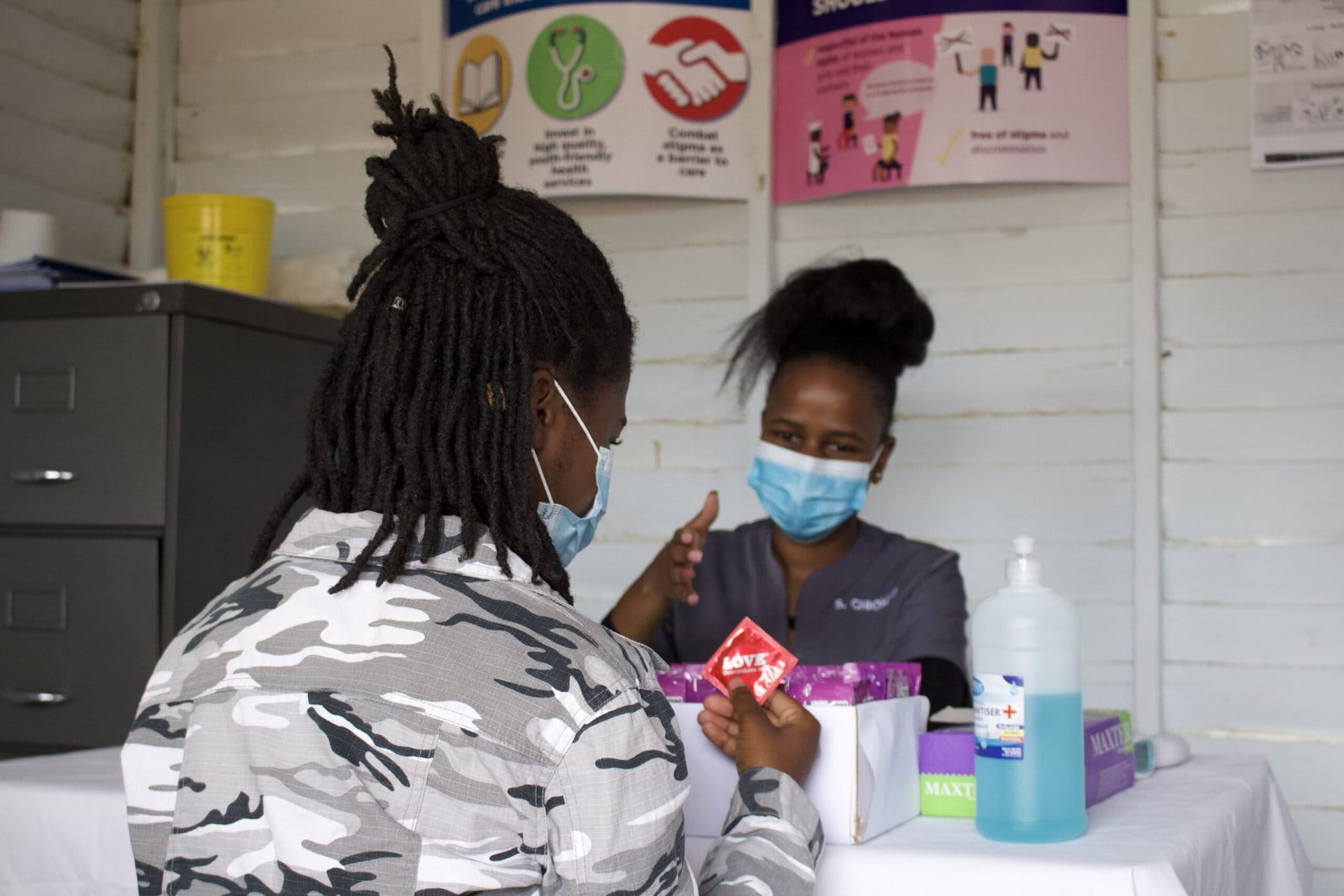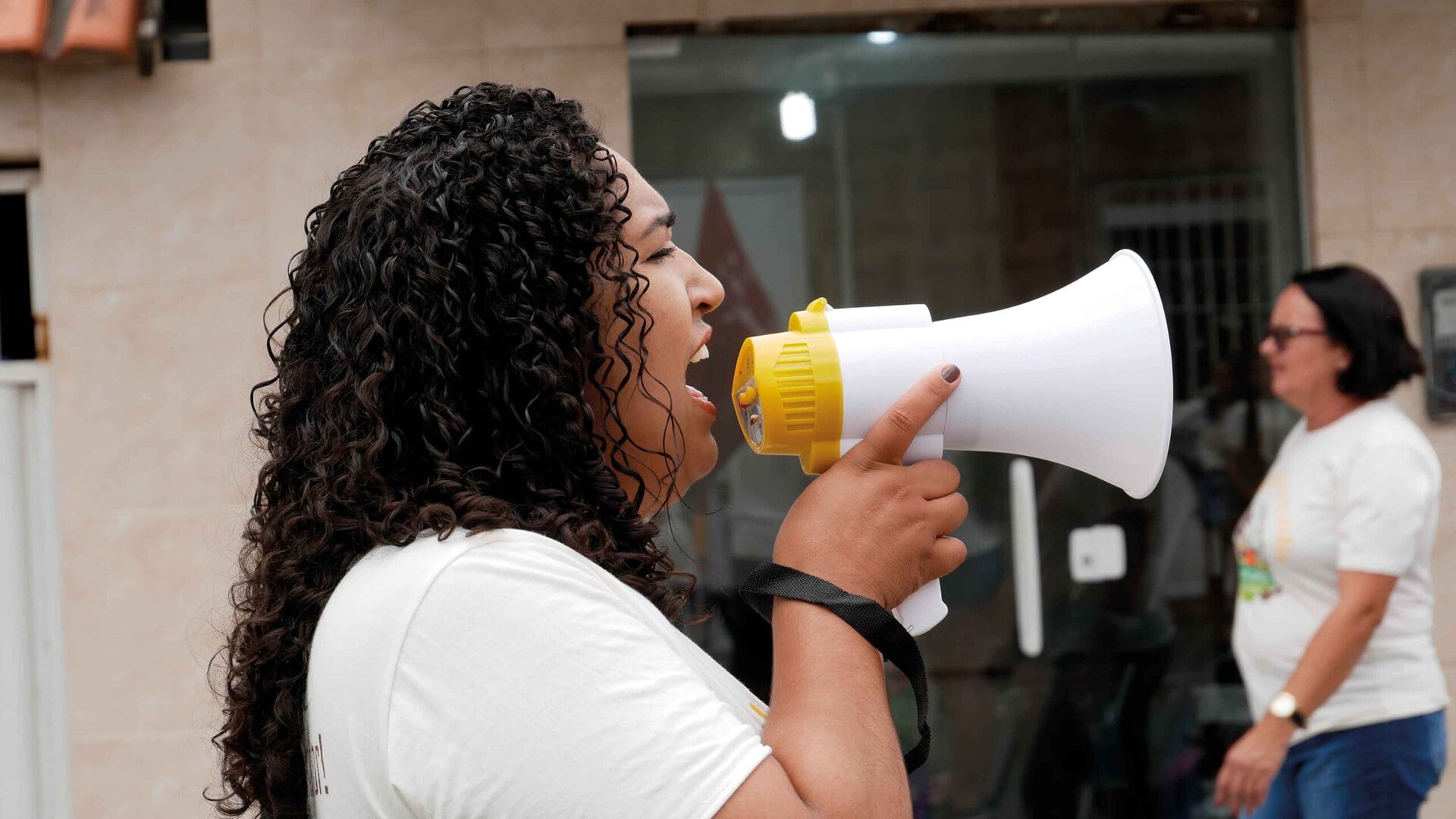March 8 is International Women’s Day. An important day of remembrance to remind us what we are already doing right and an annual wake-up call as to what still needs to be done.
By the time you have finished reading this article, at least two women worldwide will have died as a result of pregnancy. According to the United Nations (UN) World Population Report published in 2022, women die in this way every two minutes. More than two thirds of these fatal cases occur south of the Sahara. Between 2000 and 2015, the mortality rate had once fallen, but in the following years, according to the report, these figures rose again. Every year between 2015 and 2019, 121 million unintended pregnancies were recorded, with the report relying on new data from the Guttmacher Institute from 150 countries in those years. This means that the pandemic years were not even part of the study, but we know from all our program countries in Southern Africa and Central America that the situation has worsened during the pandemic. In South Africa alone, for example, the number of pregnancies among 10 to 14-year-old girls increased by 48% between 2017 and 2021. Between January and August 2022 alone, 15 women were victims of sexual violence every day in Nicaragua, over 80% of whom were minors.
Avoidable deaths
The main reasons for the fatal cases are severe bleeding and complications during delivery and unsafe abortions, which are carried out in almost 30% of unwanted pregnancies every year. The devastating thing is that these are all preventable cases. According to the World Population Report 2022, over 270 million women worldwide have no access to contraception. However, access and information alone are far from sufficient to protect girls and women. This is where terre des hommes schweiz and its partner organizations in southern Africa come in and work to ensure access to sexuality education and information for girls and young women. In addition to providing correct and scientifically sound sexuality education, the aim is also to create safe places where girls can access contraceptives without being stigmatized.
Insufficient access to contraceptives
Accordingly, efforts are also needed here on several levels. Families, communities and, above all, men must be involved in awareness-raising work. This work in the so-called ecological model, which characterizes the commitment of terre des hommes schweiz in the health sector, is crucial. Because not only young women must be able to claim their right to contraception, to access to medicine and, above all, to their bodies. Their environment, i.e. their partners, families, hospitals, etc. must uphold and protect these rights. In this way, as terre des hommes schweiz ‘s many years of experience in the field have shown, gaps in healthcare can be closed and the basic human rights of young women and girls can be safeguarded.
Growing political pressure on human rights work
It is also alarming that the health rights of girls and young women worldwide are suffering from a growing repressive political context. In Nicaragua, for example, many women’s rights organizations have been banned in recent years. In Zimbabwe and other countries in southern Africa, we are experiencing the growing influence of ultra-conservative religious groups that are fighting any work in the field of education. We are already working in Zimbabwe to strengthen the health rights of young people at parliamentary level (see also: Health and sexual rights | terre des hommes schweiz). The knowledge gained by terre des hommes schweiz in Zimbabwe can also be incorporated into the work of partner organizations in other project countries in the future. In the future, it will be important to actively influence such political processes in favor of girls and young women.



